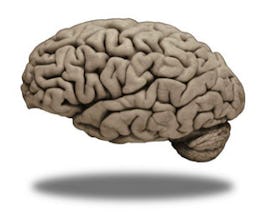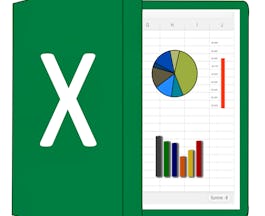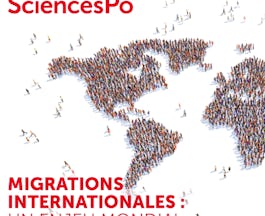Filter by
The language used throughout the course, in both instruction and assessments.
5,192 results for "sciences po"
 Status: Free
Status: FreeDuke University
Skills you'll gain: Health
 Status: Free
Status: FreeJohns Hopkins University
Skills you'll gain: Business Analysis, Data Analysis, Data Visualization, Spreadsheet Software, Data Model, Decision Making, Microsoft Excel, Process Analysis, Statistical Visualization

Sciences Po
 Status: Free
Status: FreeYale University
Skills you'll gain: Critical Thinking, Storytelling

Università di Napoli Federico II
Skills you'll gain: Critical Thinking
 Status: Free
Status: FreeYale University
Skills you'll gain: Critical Thinking
 Status: Free
Status: Free Status: Free
Status: FreeUniversity of Geneva
 Status: Free
Status: FreeErasmus University Rotterdam
Skills you'll gain: Leadership and Management, Communication
 Status: Free
Status: Free Status: Free
Status: FreeSkills you'll gain: Leadership and Management, Strategy, Strategy and Operations
 Status: Free
Status: FreeUniversity of Toronto
Skills you'll gain: Computer Programming, Programming Principles, Python Programming, Algorithms, Computational Thinking, Critical Thinking, Problem Solving
Searches related to sciences po
In summary, here are 10 of our most popular sciences po courses
- Medical Neuroscience: Duke University
- Business Analytics with Excel: Elementary to Advanced: Johns Hopkins University
- International migrations: a global issue: Sciences Po
- Narrative Economics: Yale University
- Global Politics: Università di Napoli Federico II
- Moral Foundations of Politics: Yale University
- Cities are back in town : urban sociology for a globalizing urban world: Sciences Po
- Genre : quels enjeux ? Violences, globalisation, biomédecine, sexualités.: University of Geneva
- Science Communication: Communicating Trustworthy Information in the Digital World: Erasmus University Rotterdam
- Cities are back in town : sociología urbana para un mundo globalizado: Sciences Po










